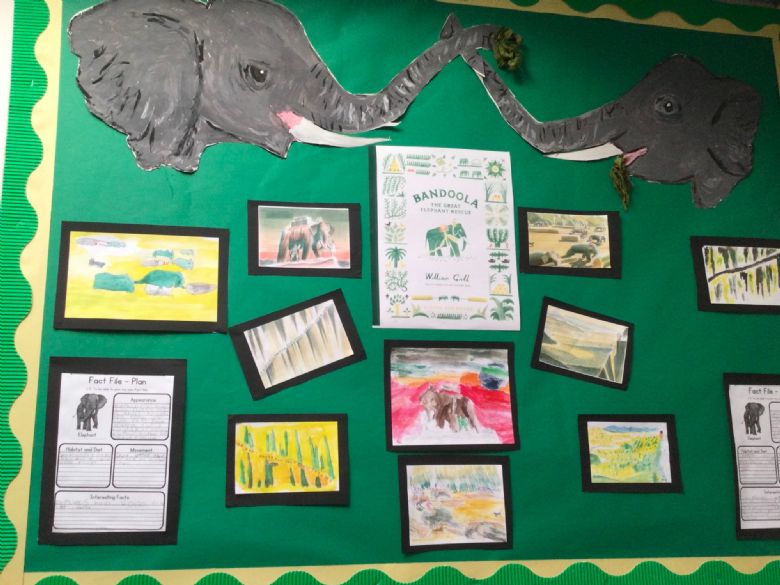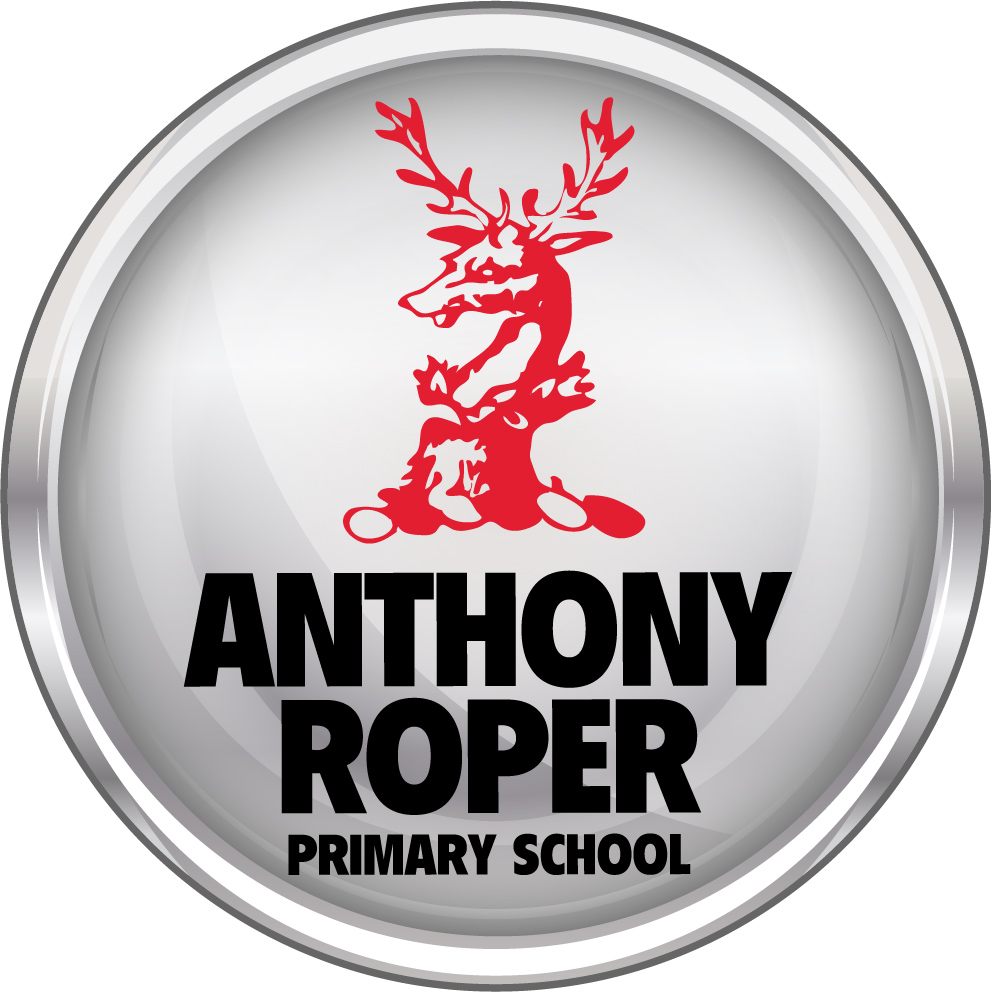Writing
Intent
At Anthony Roper, we ensure that children develop an understanding of how widely writing is used in everyday life and, therefore, how important and useful the skills are that they are learning. Our intentions in writing are for children to:
- Write for a purpose
- See themselves as real writers
- Take ownership of their writing
- See writing as an interesting and enjoyable process
- Acquire the ability to organise and plan their written work
Our writing curriculum is designed to turn enthusiastic readers into writers who keenly express their thoughts, ideas and analyses into texts across a range of genres. Our children are taught to write for a purpose and use vocabulary, grammar and punctuation to enhance the meaning of their work.
Writing is taught using high quality topic related texts. Teachers plan exciting lessons and they are delivered with enthusiasm and confidence from a love of the texts.
Our aim is for all children;
- To experience a rich and varied genre of texts to respond to.
- To have the skills to use the tools to write for specific genres.
- To be able to let their imagination run away with them to produce their own narrative.
- To recognise themselves as authors.
- To become a poet.
- To use non-fiction texts for research into a topic question.
- To spell most words correctly.
- To write using a neat, legible cursive style.
Children will be able to write for a range of purposes and use grammar and punctuation effectively.
Each genre of writing will have a grammar, punctuation and spelling focus. Teachers will also teach these elements in discrete lessons to consolidate learning and base homework on it.
Writing for a purpose will be taught through:
- Narrative Recount— experiences, diary, police report, sports report
- Non-chronological reports
- Letters
- Persuasion— purpose: advert, leaflet, argument
- Balanced Argument—purpose: speech, essay, letter
- Newspaper
Children will become confident editors, reflecting on how to improve their work and make it better. Their writing will be enhanced by broad, rich vocabulary choices. Children will show pride in their work and will write using a cursive style that is fluent and legible.
Teachers will assess one piece of writing per term. Each piece will be from a different genre. Weekly spelling tests will inform teacher’s planning for future spelling patterns.
Where required, extra handwriting sessions will be put in place.
Implementation
At Anthony Roper, we aim to develop children’s ability to produce well-structured, detailed writing in which the meaning is made clear and which engages the interest of the audience/reader. Particular attention is paid throughout the school to the formal structures of English: grammatical detail, punctuation and spelling.
Teachers clearly model writing skills and document the learning journey through consistent working walls and displays. Guided writing sessions are used to target specific needs of both groups and individuals. Children have opportunities to write at length, in extended, independent writing sessions at the end of a unit of work – applying their taught skills to an unsupported piece of writing.
Throughout the school, we teach writing through a text, which allows us to meet all of the needs of the children that we are teaching. We choose texts that will engage, inspire and motivate all children and are related to that term’s topic. As well as reading a wide variety of genres, children are given frequent opportunities to develop their skills in writing in different genres too. Pupils are taught discrete punctuation and grammar skills, appropriate to their year group and that will link into the current piece of writing. Children then apply the grammar and punctuation skills that they have learnt across each teaching sequence.
Whenever possible and suitable, our writing sessions begin with a ‘review’ activity which encourages children to retrieve and recall their prior learning, vocabulary, skills and/or knowledge. The children create a ‘Writer’s toolbox’ (Pie Corbett) for each genre, this will help them to prepare for their journey to the final piece of writing ahead.
Handwriting
It is paramount that children are rigorously taught correct letter formation from the very beginning of their time in school. During the foundation stage the children are taught to sit properly in order to have the correct posture for writing, hold a pencil in the correct position and develop a legible handwriting style. From Year One the children start to learn joined handwriting. Teachers are expected to model the school’s handwriting style when marking children’s work, writing on the board and on displays around the school.
Spellings
From Year 2, classes follow National Curriculum year group expectations. Through exploring spelling patterns and rules, we aim to create confident and proficient spellers using a discrete teaching approach underpinned by phonics.
Children are also taught to:
- Spell accurately and identify reasons for mis-spellings.
- Proof-read their spellings
- Recognise and use word origins, families and roots to build their skills
- Use dictionaries and thesauruses.
Grammar, Punctuation and Vocabulary
Grammar, punctuation and vocabulary skills are taught explicitly during writing lessons and the children identify how authors have used them effectively during their reading lessons. Grammar and punctuation is planned and taught using the National Curriculum year group expectations and children are expected to apply their knowledge in their writing.
Impact
At Anthony Roper, teachers use assessment as an integral part of the teaching and learning process and link it clearly to the children’s next steps. Teachers track each child’s progress and use this to set future targets. They use a variety of formative assessment methods and constructive marking strategies – verbal feedback being one of the most important methods. The children are also involved in evaluating their writing and in the setting of targets, as they travel up the school.
The impact on our children is that they have the knowledge and skills to be able to write successfully for a purpose and audience and that they have a love for writing, being inspired as writers by a range of stimuli. They become confident writers and have the ability to plan, draft and edit their own work. By the end of Key Stage 2 children have developed a writer’s craft; they enjoy sustained writing and can manipulate language, grammar and punctuation to create effect. As all aspects of English are an integral part of the curriculum: skills taught in the English lesson are transferred into other subjects. This shows consolidation of skills and a deeper understanding of how and when to use specific language, grammar and punctuation.
 |
|
